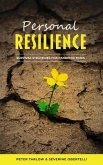
8,95 €
Sofort per Download lieferbar
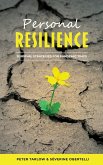
12,99 €
Versandfertig in 1-2 Wochen
Broschiertes Buch
Survival Strategies for Pandemic Times
9. Mai 2021
Quest Publishing
Ähnliche Artikel

8,95 €
Sofort per Download lieferbar
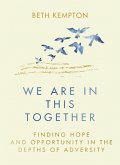
1,99 €
inkl. MwSt. und vom Verlag festgesetzt.
Sofort per Download lieferbar
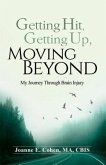
11,95 €
Sofort per Download lieferbar

2,99 €
inkl. MwSt. und vom Verlag festgesetzt.
Sofort per Download lieferbar
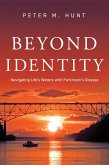
8,49 €
inkl. MwSt. und vom Verlag festgesetzt.
Sofort per Download lieferbar
eBook, ePUB
17. Mai 2020
Peter Hunt

5,99 €
Sofort per Download lieferbar
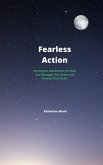
4,99 €
inkl. MwSt. und vom Verlag festgesetzt.
Sofort per Download lieferbar

2,99 €
inkl. MwSt. und vom Verlag festgesetzt.
Sofort per Download lieferbar
eBook, ePUB
9. November 2018
Danice Hope
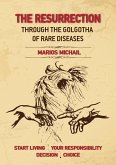
9,49 €
inkl. MwSt. und vom Verlag festgesetzt.
Sofort per Download lieferbar
eBook, ePUB
10. April 2024
Marios Michail

0,99 €
inkl. MwSt. und vom Verlag festgesetzt.
Sofort per Download lieferbar
eBook, ePUB
9. Februar 2010
April Capil
Ähnlichkeitssuche: Fact®Finder von OMIKRON
